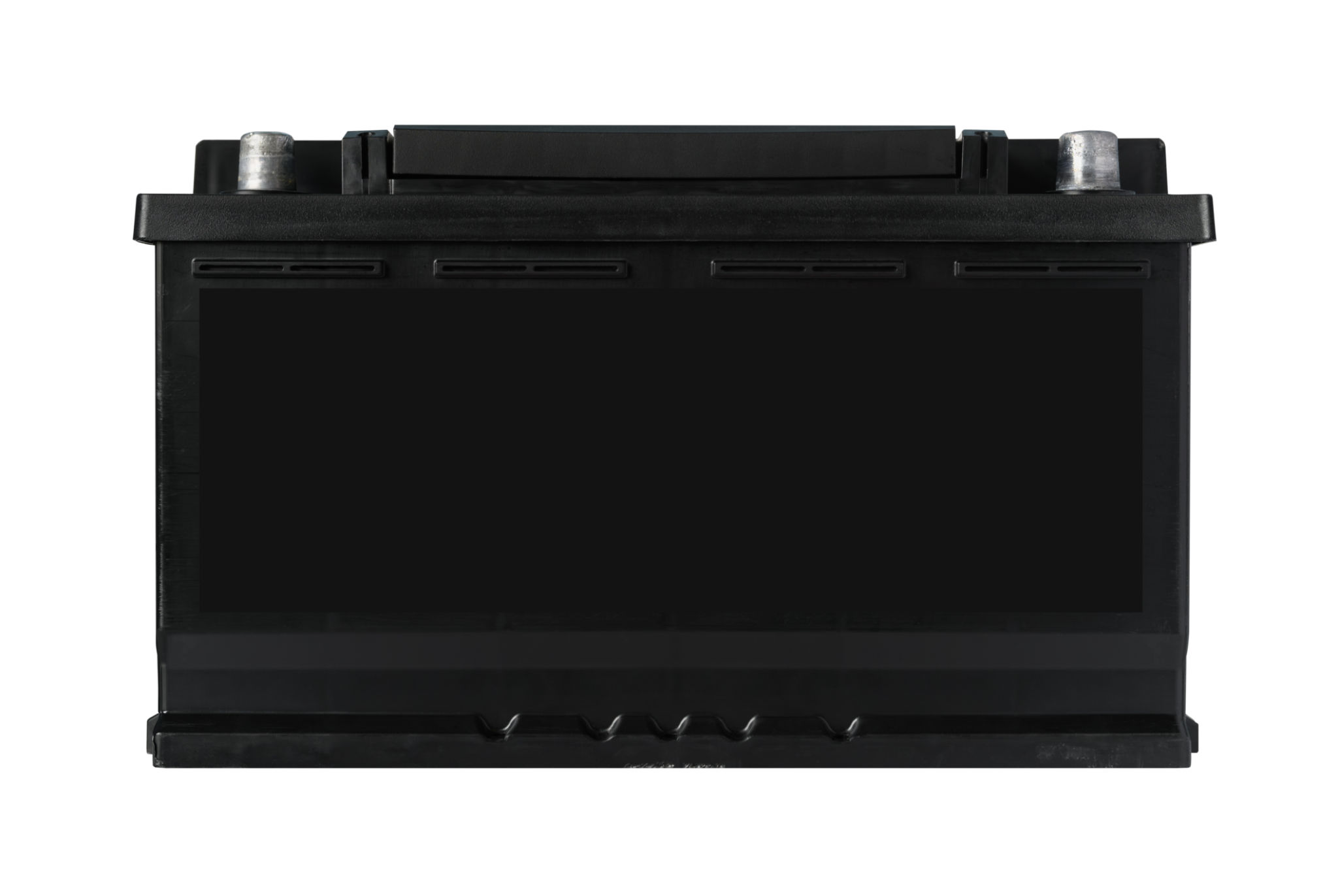Why Your Car Dashboard Lights Are On: Common Causes and Solutions
Understanding Your Dashboard Lights
Your car's dashboard is an essential communication tool between you and your vehicle. When the lights on the dashboard illuminate, it's a signal that something requires your attention. Ignoring these lights can lead to significant problems or even dangerous situations while driving. Understanding what these lights mean is crucial for maintaining your car's health and safety.
Common Dashboard Lights Explained
There are several dashboard lights, each corresponding to a different aspect of your vehicle's performance or safety system. Here are some of the most common dashboard lights you might encounter:
- Check Engine Light: Indicates an issue with the engine or emissions system.
- Battery Alert: Signals a problem with the vehicle's charging system.
- Brake Warning Light: Points to a potential issue with the braking system.
- Oil Pressure Warning: Warns of low oil pressure, which can damage the engine.

Reasons Behind Dashboard Light Activation
The activation of dashboard lights can be caused by a variety of factors. Some are minor, while others may require immediate attention. Here are some common reasons why these lights might come on:
Engine and Emissions Issues
The check engine light is one of the most common alerts. It can be triggered by something as simple as a loose gas cap or something more serious like a malfunctioning oxygen sensor or catalytic converter. It's advisable to have your vehicle scanned for diagnostic trouble codes (DTCs) to pinpoint the exact issue.
Electrical System Problems
A battery alert light may indicate that your battery is not charging properly, possibly due to a faulty alternator, loose connections, or a failing battery. Addressing electrical issues promptly can prevent getting stranded with a dead car.

Solutions to Address Dashboard Light Warnings
Once you've identified the cause of a dashboard light warning, it's time to take action. Here are some solutions you can consider:
Perform Regular Maintenance
Regular maintenance checks can help prevent many issues that trigger dashboard lights. This includes checking and replacing fluids, inspecting belts and hoses, and ensuring that the battery and brakes are in good condition. Keeping up with scheduled maintenance can save you from unexpected issues down the road.
Visit a Professional Mechanic
If you're unsure about the cause of a dashboard light or if it indicates a significant problem, visiting a professional mechanic is the best course of action. They have the tools and expertise to diagnose and fix issues efficiently. Relying on professional services ensures that your vehicle remains safe and reliable.

Your car's dashboard lights are there for a reason—to keep you informed about your vehicle's condition. By paying attention to these alerts and taking appropriate action, you can maintain your car's performance and ensure your safety on the road. If ever in doubt, don't hesitate to consult with a professional to keep your vehicle in top shape.
